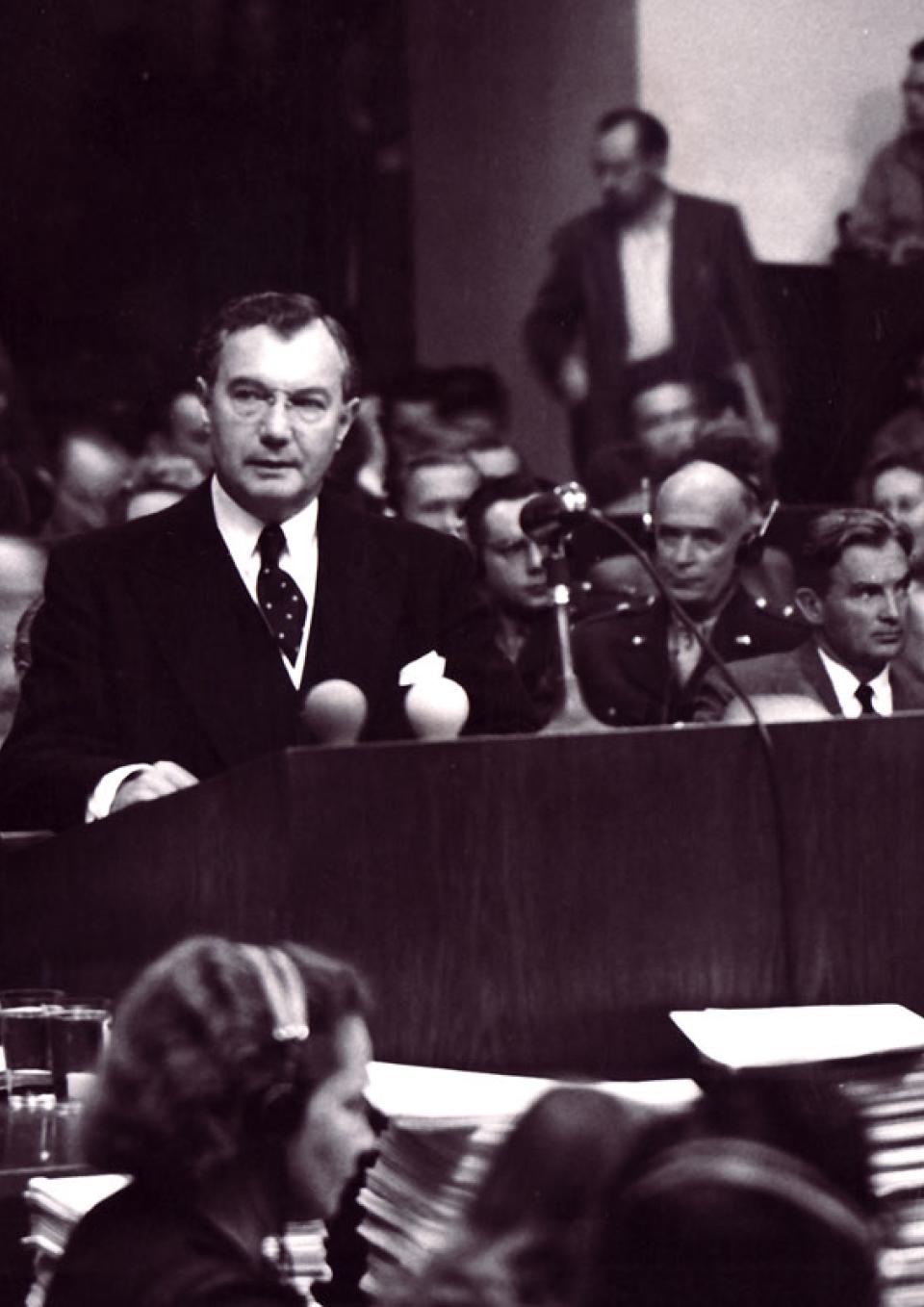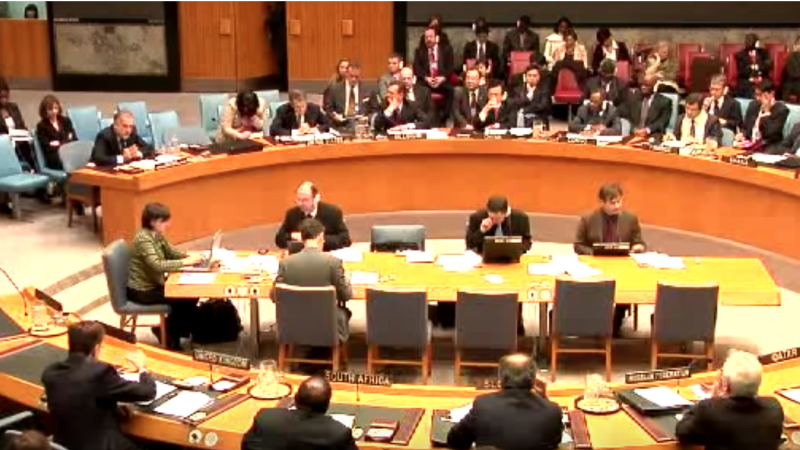Sandra Schulberg
Introduction (2-3 lines)
An independent film activist, Sandra Schulberg founded the IFP (Independent Filmmaker Project), co-founded First Run Features, and now heads the IndieCollect film preservation campaign. Her producer credits include the Oscar-nominated Quills, Sundance Grand Prize winner Waiting for the Moon, and Beth’s B Exposed. Her work with Nuremberg has allowed her to collaborate with jurists and criminal justice NGOs around the world.
Sandra Schulberg led the team that restored Stuart Schulberg’s historic film about the Nuremberg trial, Nuremberg: Its Lesson for Today [The Schulberg/Waletzky Restoration], a project that took 5 years to complete with the collaboration of archives in the U.S, Germany, and Holland. The making of the film, and its suppression, is the subject of a book she is writing called The Celluloid Noose. Since 2003, she has also preserved more than 25 Marshall Plan films with the Academy Film Archive. Meanwhile, she has continued her own film career, moving into documentary production after decades as a fiction film producer. Her credits include the Oscar-nominated Quills; Sundance Grand Prize winner Waiting for the Moon; the U.S./German/Chinese co-production Shadow Magic; two winners of the Cannes Film Festival Camera d’Or, Alambrista and Northern Lights; and Beth B's documentary, Exposed, which premiered at the Berlin Film Festival. For many years, she served as Senior Vice President for the PBS drama series “American Playhouse” and as Executive Producer of the private German media fund, Hollywood Partners. A longtime advocate of “Off-Hollywood” film artists, Schulberg founded the IFP in 1979, the largest organization of indie filmmakers in the U.S, co-founded First Run Features in 1980; and in 2013 launched IndieCollect, a campaign to preserve and document American independent cinema. Her BA is from Swarthmore College. She teaches Feature Film Financing & International Co-Production at Columbia University's Graduate School of the Arts.
Sandra Schulberg’s career spans many years as a producer, film financier, and advocate for “Off-Hollywood” filmmakers. She started with public access to cable television working at Open Channel, then moved into news & public affairs programming with veteran newscaster Gabe Pressman. She made the move into fiction filmmaking when asked to serve as the story editor for the groundbreaking PBS drama series, “Visions.” Barbara Schultz, as head of "Visions," gave Richard Pearce, Bob Young, Nell Cox, Maya Angelou and may others their first chances to direct. While based on the KCET lot, Schulberg developed KCET’s first regular local news show, “28 Tonight,” and recruited Gail Christian to run it. Later on, she spent seven years in Europe as a senior executive for another PBS drama series, “American Playhouse,” contributing to the financing and marketing of more than two dozen Playhouse movies, including I Shot Andy Warhol, Angels & Insects, Amateur, Safe, and Julie Taymor’s first film, Fool’s Fire. When Playhouse was forced to shut down, she spent three years managing film investment for Hollywood Partners, a private German media fund, serving as executive producer for the Oscar-nominated Quills, Undisputed, and Adrienne Shelly’s first movie I’ll Take You There, among others. Under her own banner, she produced John Hanson’s Wildrose and Jill Godmilow’s Waiting for the Moon (Sundance Grand Prize-winner); line produced Glen Pitre’s Belizaire the Cajun; co-produced Ann Hu’s Shadow Magic; raised finishing funds for Barbara Kopple’s Woodstock film, My Generation; and co-produced Beth B’s Exposed. The first two movies she associate produced – Alambrista and Northern Lights – won the Camera d’Or award at the Cannes Film Festival, and she handled the international sales.
In 2003, she became interested in the use of film as an instrument of public diplomacy, and has led the effort to preserve and revive the films of the Marshall Plan (almost 300 titles). Her 40-film retrospective, "Selling Democracy: Films of the Marshall Plan, 1948-1953," was featured at the 2004 Berlin Film Festival; 25 of those films, curated with Richard Peña, were shown at the New York Film Festival that same year before traveling to a dozen North American cities. On behalf of the U.S. Department of State, she presented Marshall Plan film programs in various European countries during 2007, 2008, and 2009. She is at work on a multi-disc DVD collection, which includes interviews with Marshall Plan filmmakers and scholars.
In 2009, in collaboration with Josh Waletzky and several U.S, German, & Dutch archives, she completed the restoration of Nuremberg: Its Lesson for Today [The Schulberg/Waletzky Restoration], the official U.S. government film about the first Nuremberg trial. She is writing a book called The Celluloid Noose about the hunt for Nazi film evidence presented at the trial that is based on first-hand accounts from her uncle Budd Schulberg and her father Stuart Schulberg, supplemented by unique documents in the Schulberg Family Archive.
Schulberg founded the IFP in 1979, the largest organization of indie filmmakers in the U.S; co-founded First Run Features in 1980; and in 2013 launched IndieCollect, a campaign to preserve and document American independent cinema. She is a member of AMIA, the Association of Moving Image Archivists.
Sandra Schulberg holds a BA from Swarthmore College (in Anthropology & Linguistics), and has begun a Master’s in Public Diplomacy at USC’s Annenberg School on Communications. She is an Adjunct Assistant Professor at Columbia University's Graduate School of the Arts, where she teaches Feature Film Financing and International Co-Production. Born in Paris, she is fluent in French, Spanish and German.




